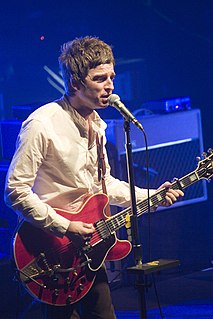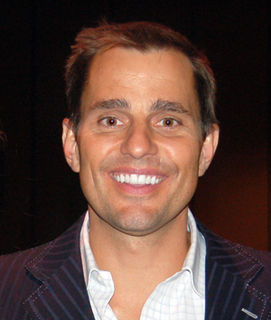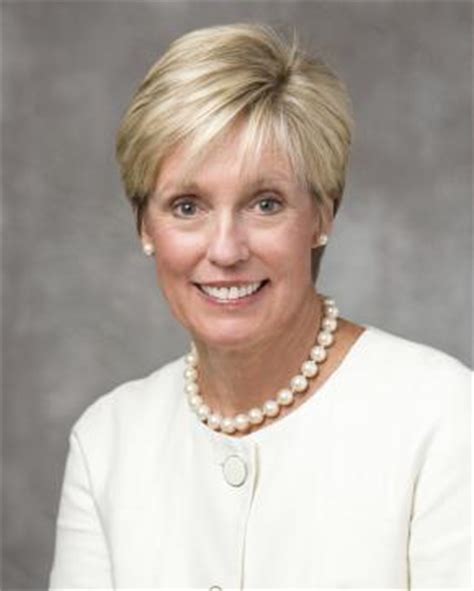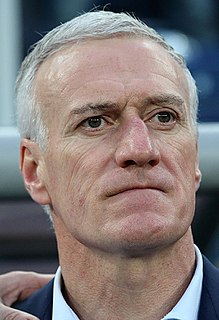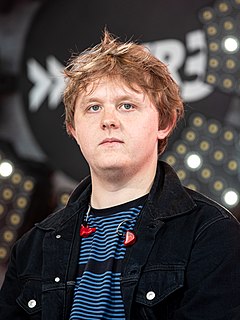A Quote by Pankaj Kapur
Children should be kept as normal as possible. At a very young age, they are not even aware of the happenings around them. You need to do whatever you can to grow them normally.
Related Quotes
One of my own kids was in a class with a friend who had two mums, and that was absolutely normal right from a very young age. I think it's important that we absolutely accept equality in every area whilst at the same time respecting that parents may have concerns about how young their children are when they become aware of these things.
The player who is almost at the same age as my daughter... I treat all my team-mates as brothers and I treat him just like a team-mate. I embrace them all and I am always around them giving advice because this is part of my job as a team captain and friend. I don't make them feel the gap in the age because I believe this should be normal.
I know that as a very young child, I was afraid of death. Many children become aware of the notion of death early and it can be a very troubling thing. We're all in this continuum: I'm this age now, and if I live long enough I'll be that age. I was 20 once, I was 10, I was 4. People who are 20 now will be 50 one day. They don't know that! They know it in the abstract, but they don't know it. I'd like them to know it, because I think it gives you compassion.
Of course all children's literature is not fantastic, so all fantastic books need not be children's books. It is still possible, even in an age so ferociously anti-romantic as our own, to write fantastic stories for adults: though you will usually need to have made a name in some more fashionable kind of literature before anyone will publish them.
Young children need to develop good habits that will be useful to them the rest of their lives. It is important to keep the lessons age-appropriate. For example, when your children start earning allowances, that would be a good time to teach them how to put some money in the bank instead of spending it all.
One can tell a child everything, anything. I have often been struck by the fact that parents know their children so little. They should not conceal so much from them. How well even little children understand that their parents conceal things from them, because they consider them too young to understand! Children are capable of giving advice in the most important matters.
The world will teach our children if we do not, and children are capable of learning all the world will teach them at a very young age. What we want them to know five years from now needs to be part of our conversation with them today. Teach them in every circumstance; let every dilemma, every consequence, every trial that they may face provide an opportunity to teach them how to hold on to gospel truths.
If you want your children to relate to the culture you live in, if you want to train them outside of the general system, you have to tell your children that ordinary children tend to say things like 'I can run faster than you; I can draw better than you; I know things you don't know'. You have to tell them what normal children are like. Normal children are messed up and you have to tell them about that. But if you instruct your child in high correlation with the physical world, they won't be able to relate with normal children. Normal means mixed up as I use the word.
Young people are more hopeful at a certain age than adults, but I suspect that's glandular. As for children, I keep as far from them as possible. I don't like the sight of them. The scale is all wrongs. The heads tend to be too big for the bodies, and the hands and feet are a disaster. They keep falling into things. The nakedness of their bad character! We adults have learned how to disguise our terrible character, but children, well, they are like grotesque drawings of us. They should be neither seen nor heard, and no one must make another one.
Granny bit her lip. She was never quite certain about children, thinking of them-when she thought about them at all-as coming somewhere between animals and people. She understood babies. You put milk in one end and kept the other as clean as possible. Adults were even easier, because they did the feeding and cleaning themselves. But in between was a world of experience that she had never really inquired about. As far as she was aware, you just tried to stop them catching anything fatal and hoped that it would all turn out all right.



